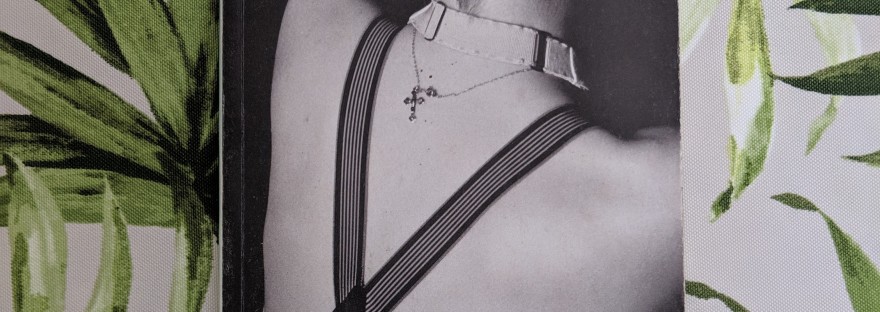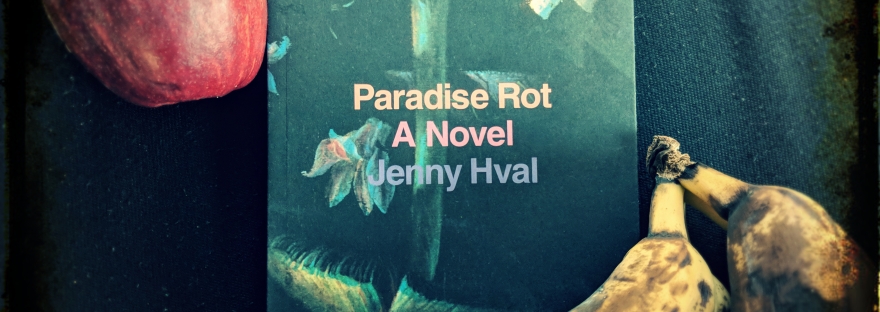I feel like I come across authors at just the right time in my life. In my early 20s, as a young and terrified queer woman, it was Jeanette Winterson. She was gifted to me on my twenty first birthday by a schoolfriend. Ten years later (and late to the party), it was Angela Carter. She was a writer whose urgency leaked through the page and into me. Most recently, it has been Kathy Acker. Her rage, her despair, her passion, resonates with me right now. I don’t know if it’s because she seems a long past oracle of the current zeitgeist; her depictions of toxic masculinity, written during the early 80s could have been written last week. She is a Casssandra. Her Great Expectations, made me work as much as Dickens’ rambling tome did. But where Dickens’ skill is in setting scene, hers in in unpacking a character.
Continue reading “Reflection: Great Expectations by Kathy Acker”Tag: Feminist
Reflection: Nine Perfect Strangers by Liane Moriarty
I’m going to come right out and say it. Liane Moriarty does what Cormac McCarthy does, what Bukowski did, what so many authors who idealise American Realism want to do. And she does it in Sydney, in heels and backwards. Her characters draw the reader in, they are not always sympathetic, they are not always likeable, but they are always complex, even when it seems like they should be. She has an eye for the minutiae of the human psyche, and particularly of the ways in which women negotiate what it is to learn, perform and be a woman. In Nine Perfect Strangers Moriarty puts that mundanity of the human experience on display.
Continue reading “Reflection: Nine Perfect Strangers by Liane Moriarty”Reflection: Call Them By Their True Names: American Crises (and Essays) by Rebecca Solnit
Rebecca Solnit is, for me, an essayist who I can read with ease. I agree with most of her takes, I find her turn of phrase clear, but not patronising, and I enjoy the way she weaves her knowledge and experience as an historian into her observations about life in what has been fairly complex, turbulent, and angry times. I enjoy the essay as a genre of writing, but I can no longer drag together the energy to be righteously indignant every time I read something. I think this is why I love Solnit. She offers relief. She offers hope. I know she can be pop-feministy, but there are also times when I want to listen to pop music, or watch reality TV and I think these things can teach readers, in their own small, quiet, softly, softly ways.
Continue reading “Reflection: Call Them By Their True Names: American Crises (and Essays) by Rebecca Solnit”Reflection: Oronooko by Aphra Behn
One of my concerns of late has been the reclaiming of classical literatures from regressive frameworks. If that sounds euphemistic it’s because it is. My concern, more simply put, is that regressive ideologies have claimed the classical literatures that came from Europe as their own, and this is at the expense of progressive ideologies. I’m not saying that these texts are the only texts of merit, nor am I saying that they should be studied at the expense of texts that have been marginalised under, let’s admit it, settler-colonialist pedagogies that are premised on European-supremacy. Nonetheless, given settler-colonialism is one of the after effects of European invasion and colonisation, I do think it is important to understand the texts that gave shape to that mindset, if only so that the systems built on those readings can be dismantled from within. Colonised peoples know that the systems are fucked, finding ways of teaching colonisers (and I count myself among that number) about the ways in which their world views are not universal, nor even coherent, and are certainly not materially applicable in a universal sense (ie. they’re not just “the way things are”). To this extent Aphra Behn’s novel, Oronooko provides a valuable insight into the early spread of colonialism and the ideologies that underpin it.
Reflection: Paradise Rot by Jenny Hval
I remember the first time I saw Janny Hval. She was performing at the Bella Union in Trades Hall and was supporting Laura Jean. She was on stage with a double bass, and a drum kit. There might have been other instruments, I don’t remember that. I do remember her voice: ethereal, and pure. Her voice was morning sunlight made song. She put me in mind of Milton’s Lapland witches, whose charms eclipsed the labouring moon. Ever since then, I’ve been chasing that first encounter. I found a version of it in her album Viscera, although less so in later albums and performances. I was hoping that her book, Paradise Rot, would again, trip up my experiences. It did.




